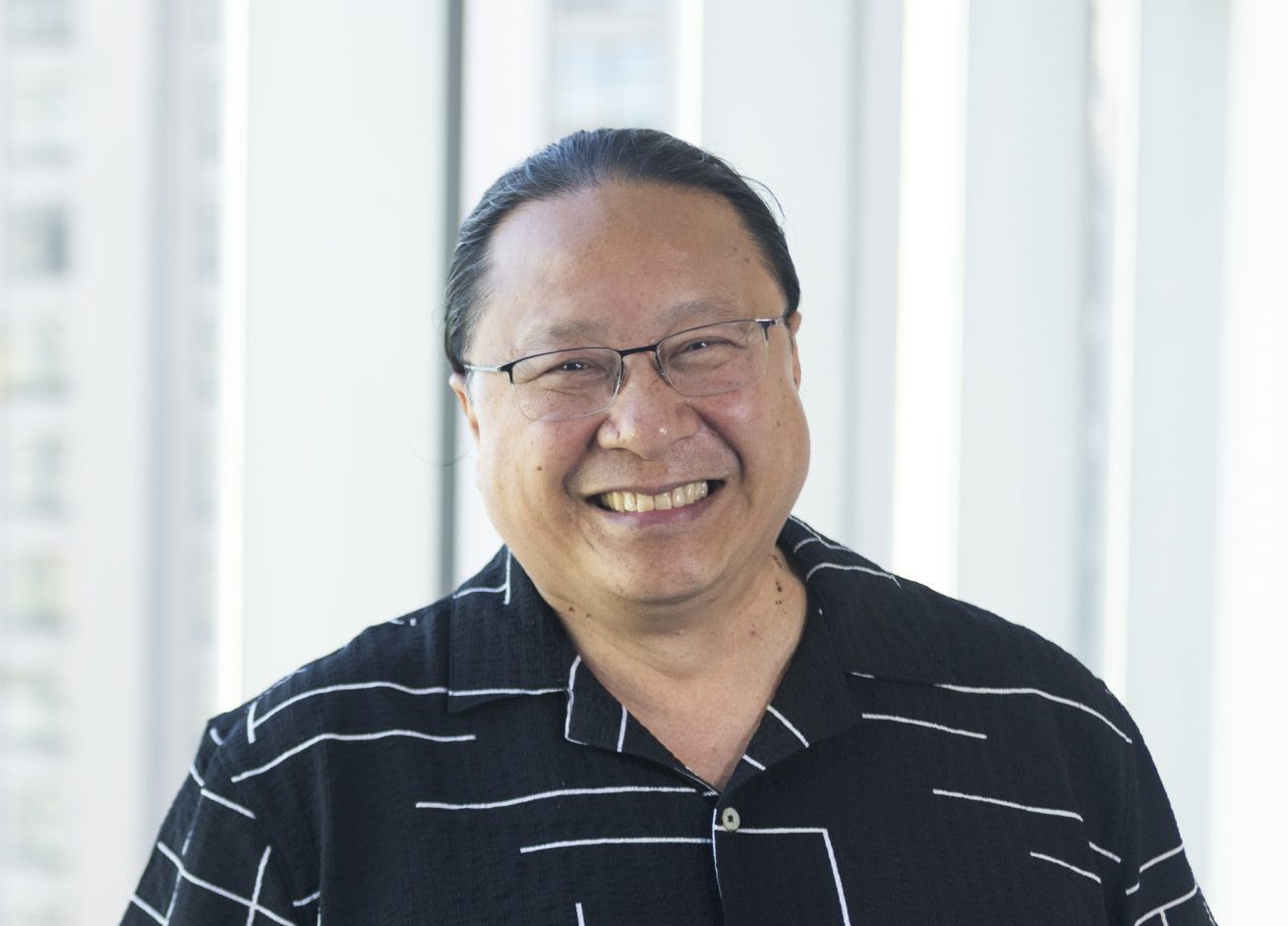
Dinh H. To, MSW, LSW
Dinh To is a licensed social worker who specializes in the treatment of patients with stroke, spinal cord injury, brain injury, and various other complex medical conditions, including severe burns, amputations, and other neuromuscular conditions, at Shirley Ryan AbilityLab in Chicago, IL, the global leader in physical medicine and rehabilitation and the first-ever translational research rehabilitation hospital. His patients have often suffered catastrophic losses and “Dinh is their guiding light to be able to find a path forward.”
Known for his exceptional compassion and clinical skills, Dinh consistently goes above and beyond for his patients. Always going the extra mile, he often comes in early and stays late when the circumstances call for, to ensure his patients feel heard and their needs are met. He is always available when his patients are in crisis. On discharge day, patients and their families often comment on how fortunate they were to have Dinh working with them during their hospital stay. “Dinh has a unique ability to meet suffering with deep compassion, and he has impacted innumerable lives,” said a colleague.
After one of his patients lost her mother unexpectedly, Dinh sought permission to drive her to her mother’s wake so that she did not have to be alone in her grief. Despite the emotionally taxing nature of the day, Dinh recounted what a privilege it had been to experience. “This encounter underscores Dinh’s compassionate nature, his ability to be fully present for his patients, even when it is tough to do so,” said his former supervisor.
“In certain circumstances, I must choose courage over comfort, what’s right over what’s fast or easy, practicing our organization’s core values of compassion, collaboration and hope, instead of just professing it, to effect change,” he says.
Dinh is highly regarded for his dedication to patient advocacy and his ability to navigate complex healthcare situations for patients and families who are adjusting to life-changing injuries. One colleague recalled, “I remember many times when Dinh would be there late, making calls to coordinate and making sure that not one ball was dropped for the patients…It seemed he found genuine joy in offering such skilled and kind support to our patients and families. That modeling of joy is an inspiring gift to offer and embody among a community of providers.”
As a trainer and mentor of new staff for over a decade, Dinh has played a crucial role in developing the next generation of compassionate healthcare workers. He has voluntarily mentored many new social workers directly and taught new nurses how to foster resilience in themselves and their patients. His colleagues consider him to be a consummate team player. He also helped initiate a peer mentor program for families newly impacted by brain injury or stroke to connect them with other families with similar experiences. “Dinh has had a decades-long career working with some of the most medically complex patients and challenging situations; and yet, has never lost his passion for advocacy or his thorough and creative approach to caregiving”, said his supervisor.
Dinh is also a bioethics scholar who is dedicated to diversity, equity, and inclusion. In his current role working with the injured workers population, many of his patients are first- or second-generation immigrants who can have difficulty navigating the complexities of the worker’s compensation legal system. Dinh’s own experience as an immigrant helps inform his culturally inclusive approach to patient care. He has been able to consistently communicate his patients’ diverse needs and advocate effectively for approval of services from the external insurance adjusters. “Through his attentive listening and clear communication, he always creates a therapeutic environment where patients and families feel understood, respected, and cared for,” said a colleague.
Even after two decades in his role as a medical social worker, Dinh continues to innovate in his approach to patient care. “Social work is not a field where there are glamorous parties, bonuses or promotions, and the day-to-day work can feel hard,” said a colleague. “Yet Dinh never falters in his search for ways to care and does so in a way that makes others feel all the more special.”